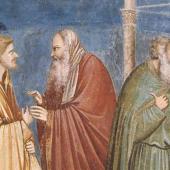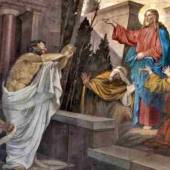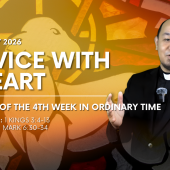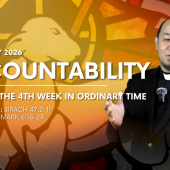Rely on God
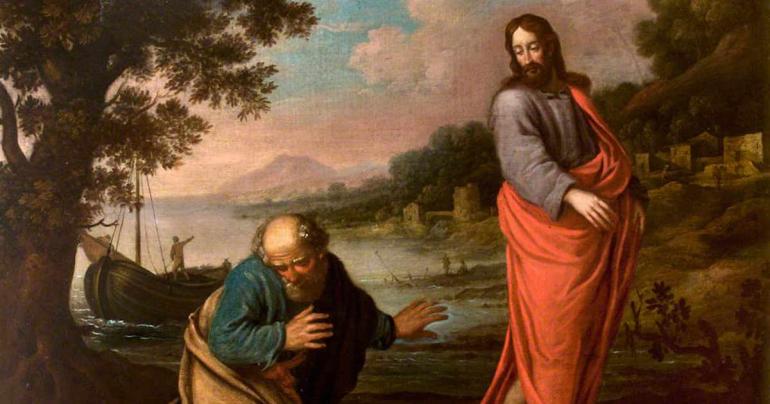
April 4, Tuesday of Holy Week
Is 49:1-6; Jn 13:21-33, 36-38
The power of evil has invaded humanity. Its power is so strong that humanity cannot help itself. Since the beginning of creation (cf. the story of the fall of Adam and Eve), Satan has worked to bring the people of God away from their Creator. His temptation knows no exception. The power of Satan also invaded the disciples in addition to Jesus, the Lord, who was under temptation. Peter was once scolded by Jesus, who said, “Get behind me, Satan! You are a stumbling block to me; you do not have in mind the concerns of God, but merely human concerns” (Mt 16:23).
In the Gospel reading today, John presents once more how Satan works in the life of Judas, Jesus’ disciple. “After Judas took the morsel, Satan entered him.” In his future denial of Jesus, Jesus also foresees the work of Satan in the life of Peter. “The cock will not crow before you deny me three times.”
These examples tell us that the power of evil keeps working among us to separate us from God, and we cannot rely on ourselves alone. Only God can save us from the power of evil. Our consciousness, or awareness, that we cannot rely on ourselves alone to fight against the power of evil makes it necessary to be dependent on God. Being dependent on God requires humility to ask for his help, as the psalmist has shown us: “O my God, rescue me from the hand of the wicked!”
We have the courage to ask for God’s help because God always wants our salvation. He always finds ways to save us from the power of evil. In the first reading, Isaiah presents how God calls him to be his prophet to bring salvation to the world. “I will make you a light to the nations, that my salvation may reach to the ends of the earth.” We find the fullness of God’s plan for our salvation in the life, death, and resurrection of Jesus, his only Son. Thus, rely on God so that we may find our salvation.
Radio Veritas Asia (RVA), a media platform of the Catholic Church, aims to share Christ. RVA started in 1969 as a continental Catholic radio station to serve Asian countries in their respective local language, thus earning the tag “the Voice of Asian Christianity.” Responding to the emerging context, RVA embraced media platforms to connect with the global Asian audience via its 21 language websites and various social media platforms.









